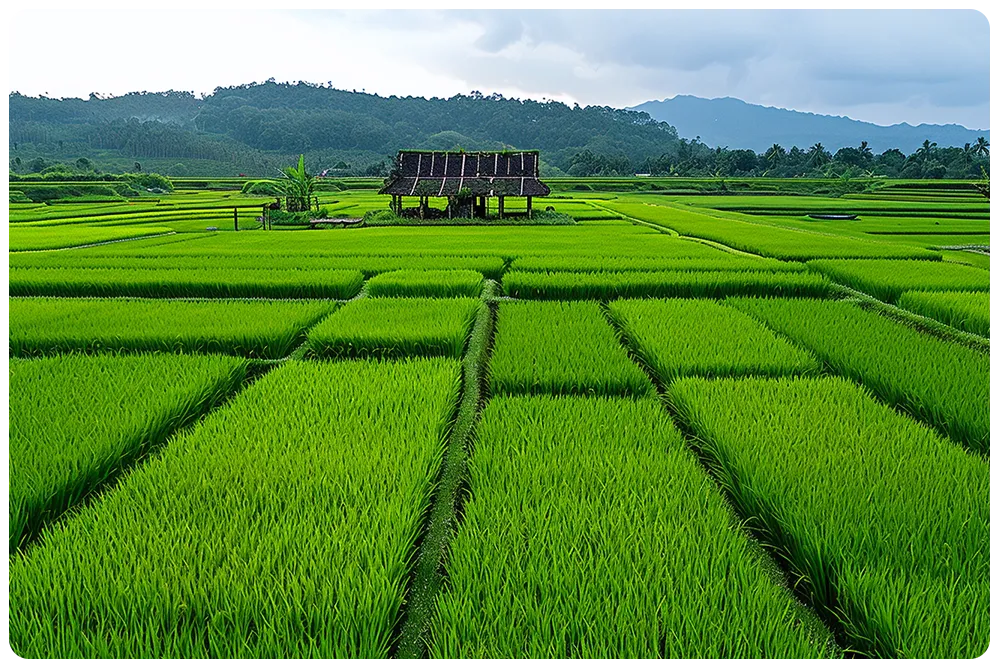Discover vital aspects to consider before hiring a drone firm. Learn how specialized data from drones can revolutionize agricultural practices and farming efficiency.
Welcome to Drone Farm
We offer a comprehensive range of agricultural drone services. With years of experience, we’ve harnessed our expertise to deliver high-quality services to our clients. Our team provides full support at every stage. Choose us for top-tier Drone Farming experiences!

Contents
- 1. What are drone firm’s qualifications?
- 2. Compare technology used by drone firms
- 3. Firm’s years of drone operating experience
- 4. Is the drone firm legally certified?
- 5. Storage and handling of drone data
- 6. Ensure the firm has insurance coverage
- 7. What is the firm’s pricing structure?
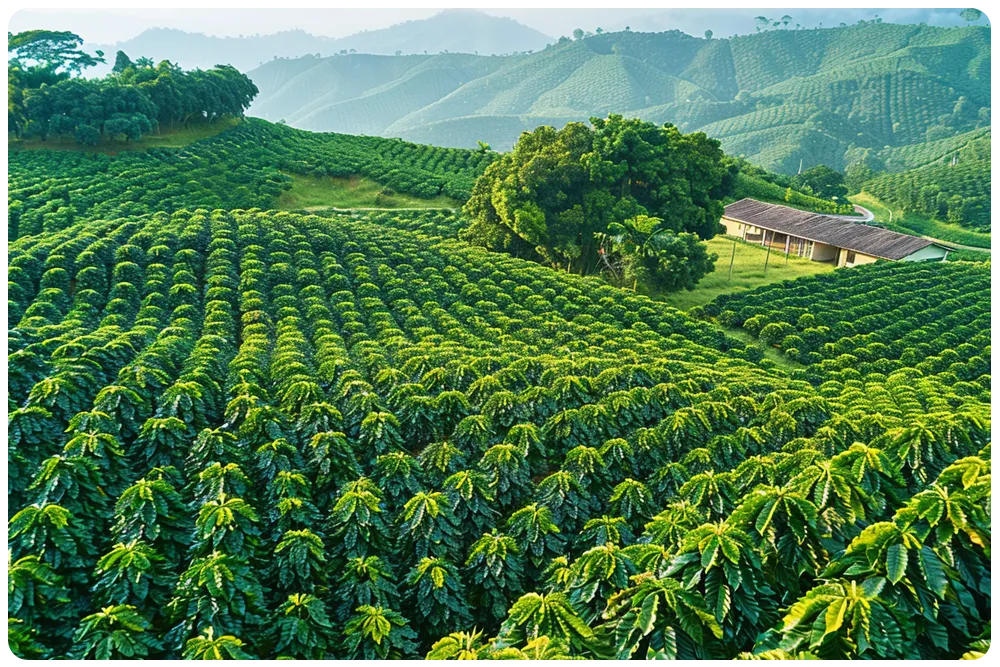
1. What are drone firm’s qualifications?
What Are Drone Firm’s Qualifications?
Choosing the right provider for agricultural drone services is instrumental in optimizing your farm operations. When considering a drone firm for your farming needs, it’s crucial to assess their qualifications comprehensively. Here are some qualifications you should look for in a drone firm:2. Compare technology used by drone firms
Understand the technological specifications
When selecting a farming drone provider, having basic knowledge of different technology used by these firms is an asset. Whether you’re assessing the drone’s hardware, software, or sensing capabilities, understanding these aspects can help you make a more informed decision.
Firmware and Mapping Capabilities
Equipped with sophisticated firmware, an agricultural drone provides features such as automated flight paths, waypoint navigation, and terrain following. Pivotal to farming operations is the drone’s mapping capability. The most effective drones generate detailed 3D models of your farm, assisting you in managing crops more efficiently.
Payload and Sensing Capabilities
- Thermal Imaging: A drone equipped with thermal sensors can detect variations in plant temperature, signaling potential disease or water stress.
- Optical Sensors: Drones with optical sensors gather data on the sun’s reflection and absorption by plants. The data aids in detecting nutrient deficiencies and other crop issues.
- LiDAR: Drones with Light Detection and Ranging (LiDAR) sensors offer high-precision plant height measurements, fundamental for monitoring crop growth and identifying stress points in the field.
Real-time data and Cloud Storage Solutions
A drone’s ability to provide real-time data is a critical aspect to consider when choosing a drone farming provider. Assess whether the drone in question has a real-time data hub or only stores data for post-flight analysis. Also, ascertain whether the provider offers cloud-based solutions for simple and efficient data management.
Adopting drone technology for farming operations
To leverage the potential of drone technology in your farming operations, it’s important to conduct comprehensive research on diverse drone firms. By identifying your farm’s unique requirements and matching these with the right technology, you can elevate your agricultural practices and maximize crop yield.
Your drone farming provider decision should align with your unique farming needs, investment plans and long-term goals. The right drone can revolutionize your agricultural operations, providing invaluable insights, enhancing productivity, and significantly reducing crop illness effects.
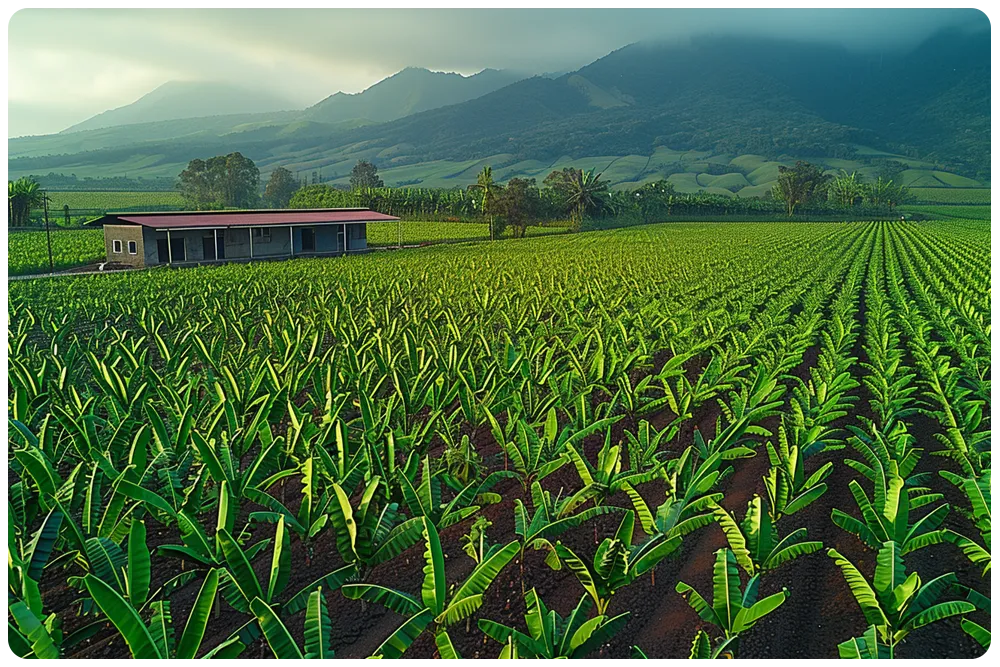
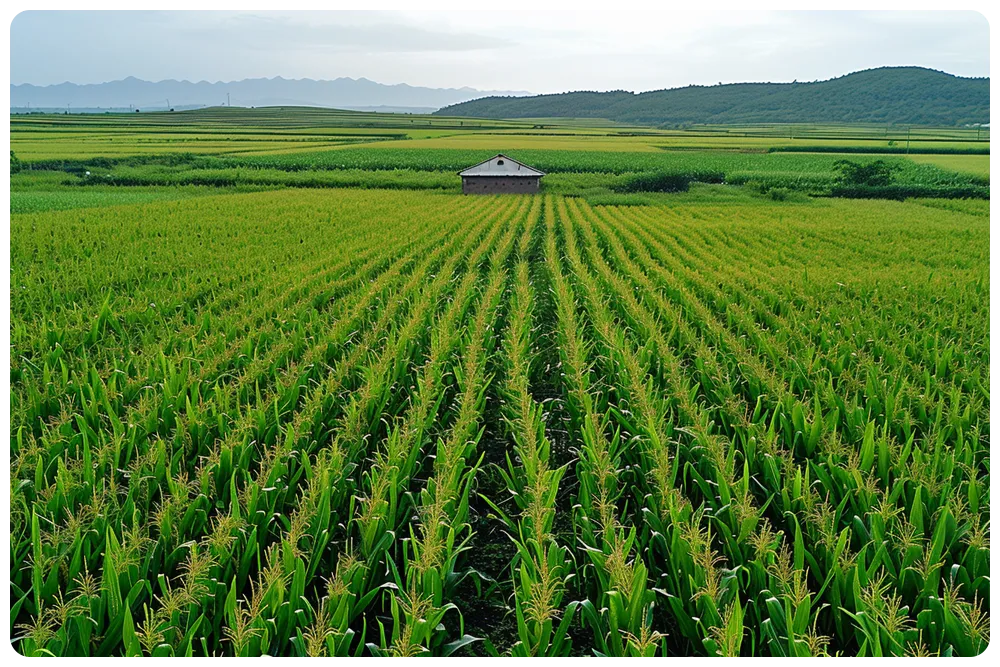
3. Firm’s years of drone operating experience
Firm’s Years of Drone Operating Experience:
Selecting the right provider for your agricultural drone needs is a vital decision. The firm’s drone operating experience can greatly impact the overall effectiveness of your farm management. In this regard, there are certain crucial factors that you should keep in mind.
First and foremost, it’s essential to gauge the years of experience a drone firm has in the field of agriculture. This will give you a clear idea about their level of knowledge and competence. It’s important to remember that drone technology in agriculture requires specific expertise, and this can’t be earned overnight. Experience gives a firm the upper hand in understanding various aspects like weather patterns, soil conditions, crop diseases, and their treatment.
Detailed Observations:
- A seasoned firm can provide you valuable insights that novice providers may not. These insights can include effective ways to use a drone for crop monitoring, ways to utilize data gathered for crop health and yield prediction, optimum times for spraying and even identifying crop diseases early.
- Experienced providers will also have in-depth knowledge of various drone models, their operating conditions, maintenance needs and limitations. They would be proficient in guiding you to opt the right model of drone based on your specific agricultural needs.
- A firm’s years of experience in operating drones can also come in handy in understanding and complying with the regulatory framework around agricultural drones in your region.
Therefore, the firm’s years of drone operating experience should be one of your chief considerations before hiring. It’s a vital indicator of their understanding of drone technology, applications in farming, and their ability to offer tailored, impactful strategies for your farm management.
4. Is the drone firm legally certified?
When choosing an agricultural drone provider, it’s essential to ensure the company is legally certified. However, what exactly does this mean and why is it significant to your farming operations?
Understanding Legal Certification
Legal certification ensures the drone service provider adheres to the safety regulations set by authorities. A legally certified farmer drone firm affirms they possess the necessary permits to operate, which is a reflection of their expertise, reliability, and commitment to conducting safe flight operations.Importance of Certification
Why does the legality of a drone firm matter? Here’s why:- Safety: A certified drone firm is trained to conduct operations in a safe manner, minimizing risks to people, property, and the drone itself.
- Reliability: Legal certification means the drone company is officially recognized as capable of providing these professional services.
- Compliance: Working with a legally certified drone company guarantees compliance with regional and national laws and regulations related to drone usage.
Checking Certification
How can you tell if a drone firm is legally certified? Follow these steps:- Ask for the company’s drone certification documentation. Reputable companies will provide this without hesitation.
- Verify the certification by checking with the relevant issuing authority.
- Check for any complaints or proceedings against the company in question.
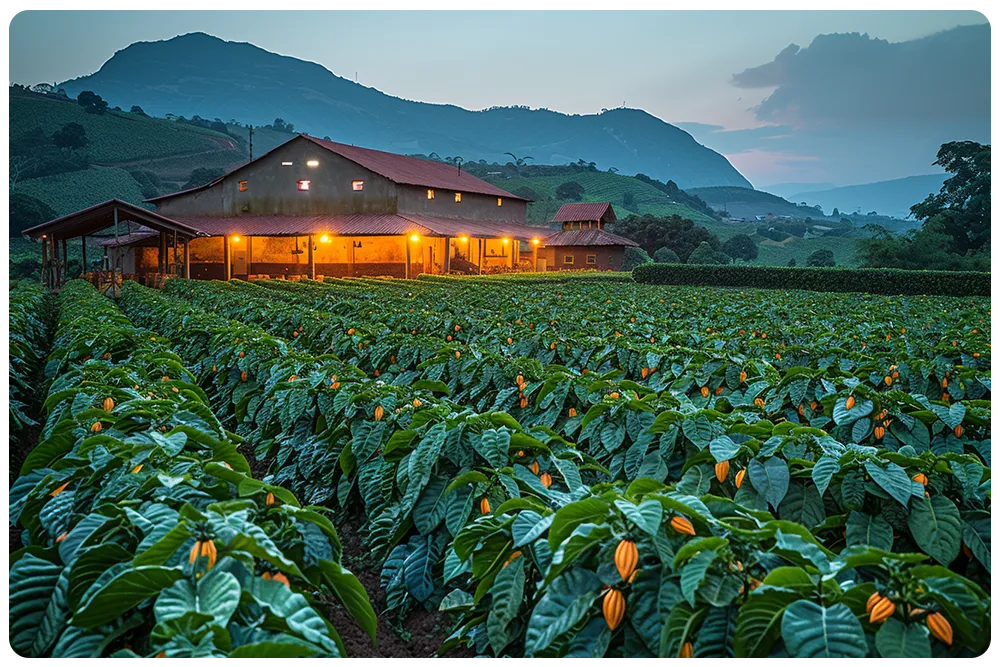

5. Storage and handling of drone data
Choosing the right drone farming provider involves careful consideration of how drone data is stored and managed. Advanced agricultural drones capture large volumes of critical data, efficiently streamlining farm management processes.
Step 1: Understand the Data Management Approach
Drones are a noteworthy investment for farmers, and the value harvested from them largely depends on the data they generate. Enquire about the data management approach the drone firm employs. The most reliable providers will securely store and manage the farming data captured by drones.
Step 2: Confirm Data Accessibility
An ideal drone firm is one that empowers you with easy access to your drone data in a secure and user-friendly platform. Verify their policy on data access, and the features available to filter, search, and analyze this information, contributing to data-driven decisions on your farm.
Step 3: Ascertain Data Ownership
Before hiring a provider, be clear on who owns the data captured by the drone. Some firms might claim ownership, while others may permit you full rights. Ensure to opt for a firm that respects your data sovereignty.
Evaluating Drone Data Management
Consult the firm’s policy on data backup and recovery. This serves as a contingency plan to recover any lost data.
Determine if the data is encrypted for additional security. A good provider will prioritize the confidentiality of your data.
Acknowledge the scalability of data storage. As your farm expands and drone use increases, the data captured will grow, requiring scalable storage options.
Consequently, data storage and handling are significant in selecting a drone farming provider. By ensuring your chosen firm surpasses in data management, you are safeguarding your agricultural data, thus boosting your farm’s operation and profitability.
6. Ensure the firm has insurance coverage
Choosing the Right Agricultural Drone Provider
Making the right decision about the farming drone provider can significantly affect the bottom line of your agricultural business. Before choosing a firm, it’s absolutely essential to ensure the company has an appropriate insurance coverage. A comprehensive insurance plan will protect you from potential financial liability in the unlikely event of accidents or damages caused by the agricultural drone. Here is a detailed plan to guide you in your selection process:- Conduct Preliminary Research: Start by gathering a list of prospective drone farming providers. Look for providers with a solid track record and good client testimonials. A reputable firm should use advanced technology, which is indicative of high efficiency and accuracy in services.
- Verify the insurance Coverage: Once you’ve narrowed down your options, it’s time to verify their insurance details. An agricultural drone provider must have an insurance coverage that protects against any potential damages that may be occuring, whether they relate to the drone itself or crops. It’s strongly advisable to request documentation proving this aspect.
- Additional Considerations: Other essential aspects to consider would include the costs, services offered, and the firm’s response time. It’s also beneficial if the provider has experience dealing with crop illnesses and surveillance, as a drone can play a significant role in minimizing the impacts of such issues.

